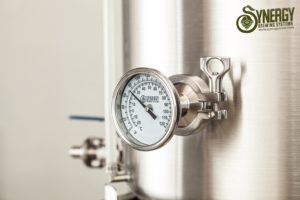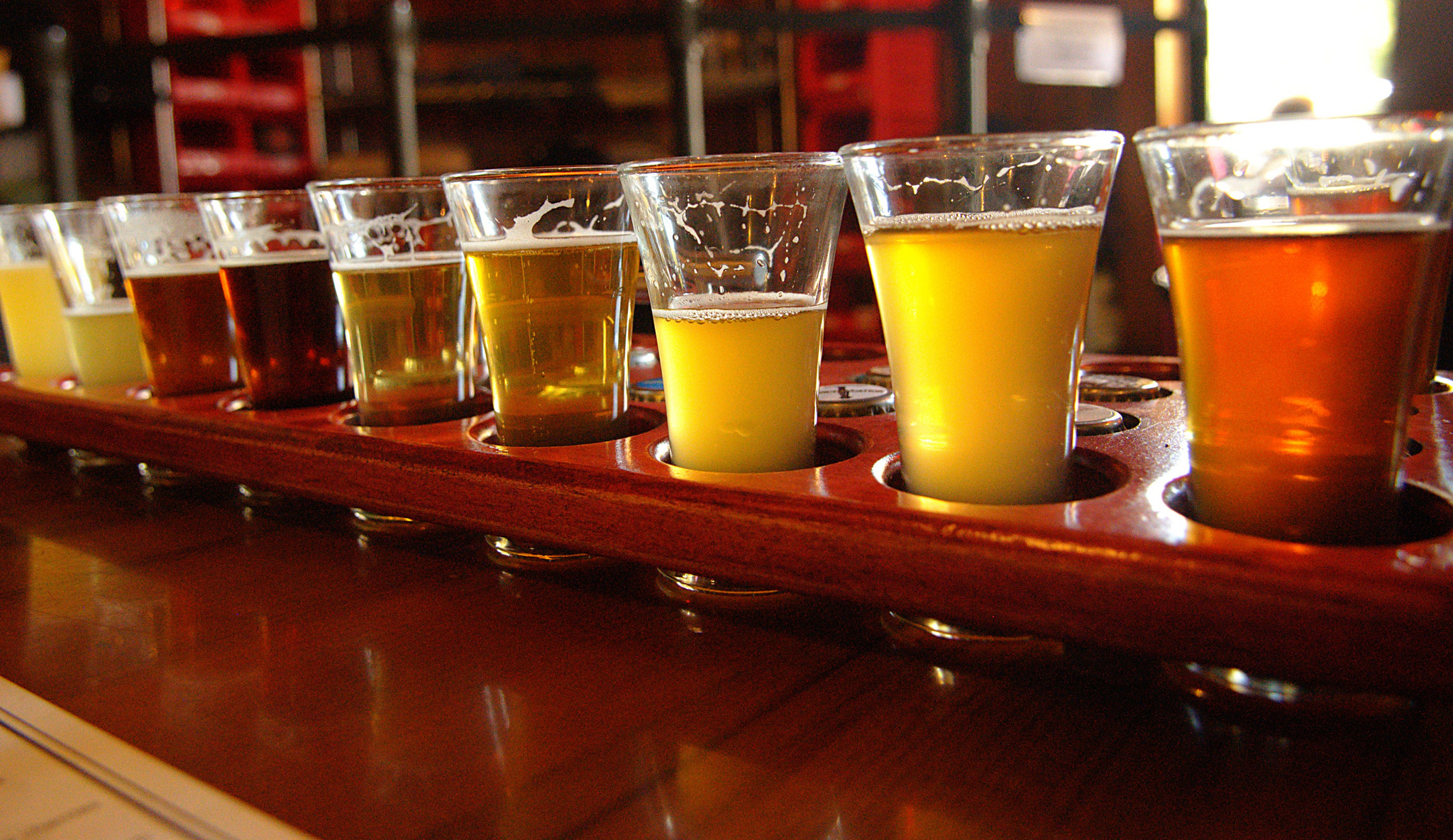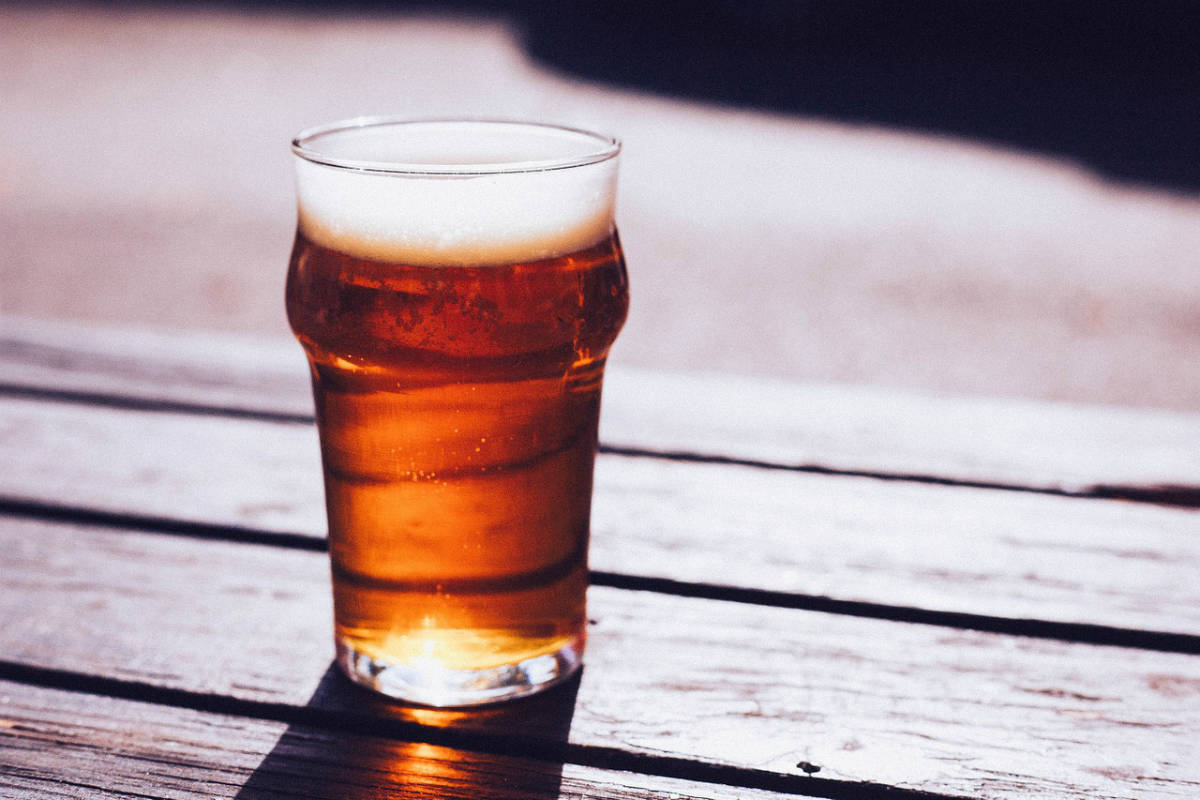1. Clean, clean, clean!
One of the most important parts of homebrewing is sanitizing your brewing equipment. Without clean equipment, you jeopardize the quality of your beer. Any surface that will come into contact with your wort or beer should be properly cleaned as well as your brewing environment. The best way to ensure this happens is to clean all of your equipment immediately after use to prevent contamination. Once your equipment is clean, then you can use sanitizers to prevent bacteria or wild yeast from spoiling your next batch. We recommend using PBW (Professional Brewers Wash) mixed with hot water for cleaning and Star San acid-based sanitizer (can be used with hot or cold water) for sanitizing. For more information on what kind of sanitizer to use on your brewing system, click here. If you have a Synergy Brewing System, here’s how to care and clean for it.
2. Don’t Overlook the Water.
Quality beer starts with quality water. And many beer experts will agree, water is more often than not overlooked by homebrewers. Since water accounts for up to 95% of beer’s content, it’s important to view it as any other core ingredient of your homebrew recipe. So, how can you choose your water wisely? Do some research on your local water supply. If you have good quality water from your tap then you’re in luck. However, some regions have tap water with a number of additives (like chlorine and disinfectants) that can alter the flavors of your beer. If this is the case, you might be better off buying bottled water. Here are other types of water you may consider.

3. Keep Temperatures Stable.
Keeping consistent temperature throughout the fermentation process is extremely important for the flavor of your finished beer. Normal ale fermentation temperatures range from 68-72 degrees Fahrenheit whereas larger fermentation temperatures can range from 45-55 degree Farenheit. If your brewing areas doesn’t have the desirable temperatures, here are some ways you can help manage it. For some tips on how to keep mash temperatures stable, click here.
4. Invest in Quality Ingredients and Brewing Equipment.
Just like any recipe you cook or in this case brew, you want to make sure you start with good fresh ingredients. Hops should be green and fragrant and are typically stored in air tight or vacuum sealed bags and placed in the freezer. Your grains should also be stored in air tight containers to avoid moisture and bugs. Grain should be fresh and you’ll be able to tell by tasting a few kernels beforehand.
The equipment you brew with will also have an impact on the integrity of your beer. If you’re in the market for a new brewing system, head on over to our products page! We offer two different fully-loaded brewing systems that are made with 100% stainless steel to take your homebrewing to the next level.
Synergy Brewing Systems, where the best beer is the one you brew!




